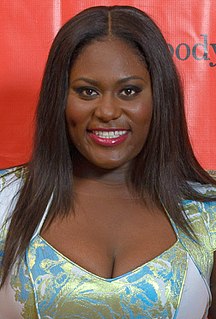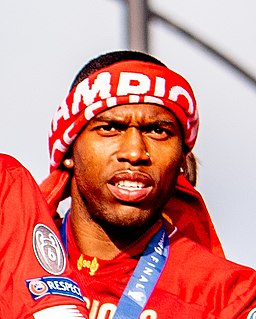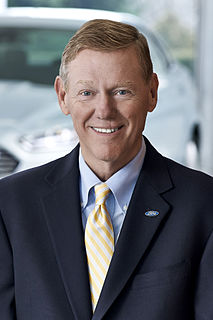A Quote by Kerby Jean-Raymond
All clothes are worn on the street, but 'streetwear' had once described T-shirt brands and skate-inspired brands, and now it's just a lazy innuendo used to describe clothing made by designers that the establishment deems 'less than.'
Related Quotes
Most brands that are called luxury brands today are not true luxury brands. The globalization of fashion and luxury means you now find the same luxury brands in every city. The stores look the same, the products are the same. It is still a very good quality product but it is now readily available to everyone. It's a kind of mass luxury.
There was a shop in Birmingham called Autographs, where I'm from in Birmingham. My uncles and dad used to shop there. They played professionally, too. When I started, I went to Autograph, and they had brands like Rick Owens. There are loads of brands, like my go-to brands that I will go to if I want to buy jeans, like DSquared or Balmain.
Buy products of genuine lasting value from brands that take their manufacturing seriously. I have things that are 75 years old, like the dinner suit of my grandfather's that was made in 1933 by a tailor in Edinburgh. Clothes develop stories. You can remember where you've been through clothing that you've worn. I want products that are going to endure. I hate that we buy things that are disposable. We need to buy products with integrity.
I am expecting that consumers are going to continue and exert power and influence. The idea of radical transparency is something that few brands are taking advantage of now, and most brands fight it. I’d say that in 10 years the best brands won’t be those with the best stories, sort of made up fictional stories, but those that will give an accurate and real time picture of what they are doing in the interest of the consumer, in any given time.
I see a lot of people dressing very similarly, and I see brands being cool because of their name and because of who wears the brands, but that's always been the case. That's kind of the history of fashion. You know, celebrities wear their clothes and people think these celebrities are cool, and then the clothes become valuable. It gives clothes a commodity factor once a certain individual starts wearing that brand. But do I think there's something wrong? I think what's wrong with the fashion world, particularly men's fashion, is the lack of creativity behind it.








































